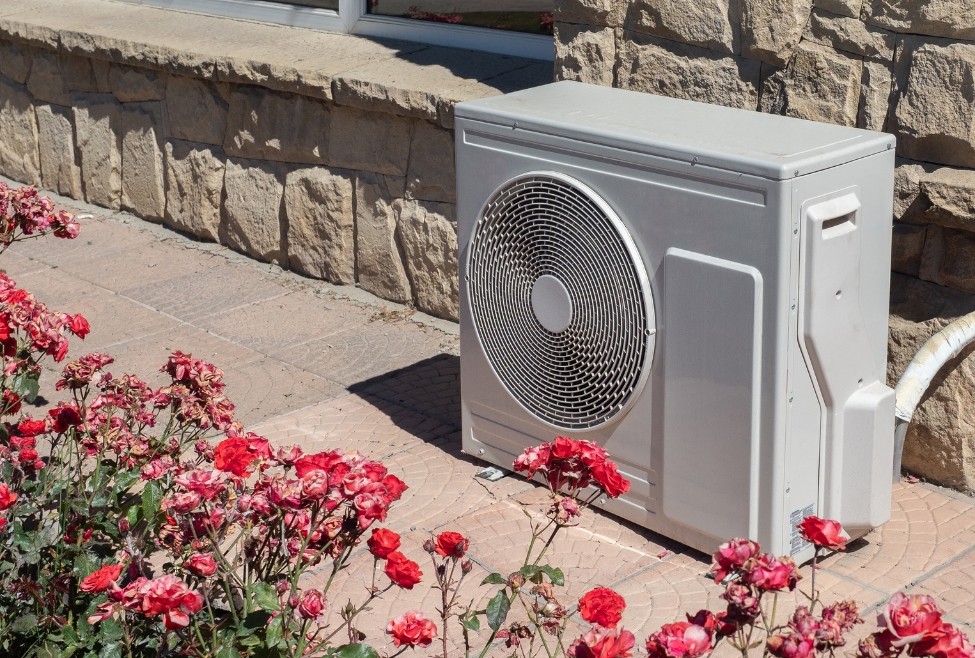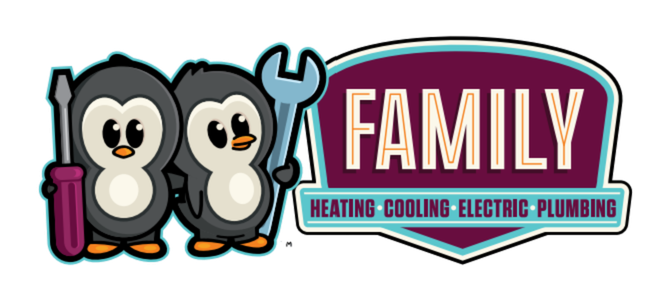
Understanding Heat Pump Repair Costs
When it comes to heating and cooling your home, one of the most common questions we hear at Family Heating and Cooling is: Are heat pumps expensive to fix? The answer depends on a variety of factors — from the type of issue you’re facing to how well your system has been maintained. In this post, we’ll walk you through what affects heat pump repair costs, common heat pump problems, and ways to keep your maintenance costs low.
Why Repair Costs Vary So Much
First, it’s important to understand that not all heat pump problems are created equal. Some issues are minor and inexpensive to fix, while others can be more complex, resulting in a higher bill. Here are the main factors that influence whether heat pump repairs will be affordable or costly:
- Type of Issue
- Simple problems, like a dirty filter or low refrigerant, are typically inexpensive.
- In contrast, major component failures — such as a compressor breakdown — can be expensive to fix.
- Age and Model of the Heat Pump
Older systems may use parts that are harder to find or no longer manufactured, increasing repair costs. Likewise, high-efficiency or premium models may require more specialized components. - Labor and Diagnostic Fees
Troubleshooting a heat pump issue takes time and expertise. At Family Heating and Cooling, our technicians quickly diagnose problems and offer efficient repairs, minimizing labor costs. - Refrigerant Type and Availability
Heat pumps that use phased-out refrigerants or require specialty refrigerants can be more costly to service. - Service Area and Accessibility
If your unit is hard to access or located in a remote part of your home, technicians may charge more for labor.
Common Heat Pump Repair Issues & Their Costs
Here are some of the most frequent heat pump problems we see — and how much they generally cost to repair:
- Refrigerant Leaks — If your heat pump is low on refrigerant, it won’t cool or heat efficiently. Finding and repairing leaks can involve replacing valves or evaporator coils.
- Compressor Failure — This is one of the most expensive parts to fix. Depending on the model, a compressor repair or replacement can be a large investment.
- Faulty Reversing Valve — This valve directs whether the system cools or heats. If it fails, your unit may get stuck in one mode.
- Electrical Issues — Capacitor problems, bad wiring, or failing contactors can often be repaired more affordably, but they should be addressed promptly to avoid broader issues.
- Fan or Motor Failures — A failing fan or blower motor affects airflow. Repair costs vary depending on whether it’s a simple motor replacement or a more complicated fix.
Tips for Minimizing Heat Pump Repair Costs
If you’re worried about repair expenses, here’s how to reduce the chances of big, unexpected bills:
- Regular Maintenance
Scheduling routine tune-ups helps catch small problems before they escalate. Technicians check refrigerant levels, clean coils, and inspect electrical components. - Change Air Filters
Replacing or cleaning your heat pump’s air filter every 1–3 months helps maintain airflow and prevents system strain. - Optimize Your System
If your heat pump is aging or frequently breaking down, upgrading to a newer, energy-efficient model might save you more in the long run. (Especially in hot or cold Maine summers.) - Use Professional Technicians
Hiring qualified HVAC experts like us at Family Heating and Cooling ensures repairs are done right the first time and with transparent, upfront pricing.
When to Consider a Replacement
At some point, repeated repairs might outweigh the cost of a new unit. You should think about replacing your heat pump if:
- It’s more than 10–15 years old
- Repair costs are becoming frequent or expensive
- It’s not heating or cooling effectively — even after repairs
- Your energy bills are rising because the system isn’t as efficient as it used to be
A newer heat pump can improve energy efficiency and reduce long-term maintenance costs — especially when installed and serviced by trusted HVAC professionals.
We proudly serve homeowners in the following Massachusetts communities: New Bedford, Fall River, Taunton, Dartmouth, Somerset, and Fairhaven. Whether you need heat pump repair, installation, or maintenance, we’re just a call away.
Ready for Reliable Heat Pump Repairs?
So — are heat pumps expensive to fix? The short answer is: sometimes, but not always. With regular maintenance, smart repairs, and timely upgrades, you can significantly reduce your risk of costly breakdowns. At Family Heating and Cooling, our experienced technicians are ready to diagnose issues fast, explain your options, and help you make the best decision for your home comfort.
Need help now? Don’t wait until a small problem becomes a big one — contact Family Heating and Cooling today for reliable heat pump repair and service in Westport, Raynham, Seekonk, Acushnet, Swansea, or Freetown. Our team is ready to get your system back in top shape.
FAQs
Should I replace my heat pump or repair it?
Deciding whether to repair or replace your heat pump depends on its age, efficiency, and frequency of breakdowns. If your unit is more than 10–15 years old, requires frequent repairs, or isn’t heating and cooling effectively, replacement may be the smarter investment. Modern, energy-efficient heat pumps can lower energy bills and prevent ongoing maintenance headaches. If your heat pump is relatively new and the issue is minor, a professional repair may be the cost-effective solution.
Do heat pumps break down a lot?
Heat pumps are generally reliable, but like any HVAC system, they can break down over time — especially if maintenance is neglected. Common causes of heat pump failures include refrigerant leaks, frozen coils, faulty compressors, and electrical issues. Regular maintenance, like cleaning coils and replacing air filters, can prevent most breakdowns and extend the lifespan of your unit.
How much does it cost to have a heat pump serviced?
Heat pump service costs vary depending on the level of inspection and any minor repairs required. On average, homeowners can expect routine maintenance to range from $100 to $200, which typically includes cleaning, refrigerant checks, and system diagnostics. Investing in regular service not only improves efficiency but can also prevent expensive repairs like compressor replacements or reversing valve failures.
Can you replace a heat pump without replacing the air handler?
In many cases, it’s possible to replace the outdoor heat pump unit without replacing the indoor air handler, especially if the existing air handler is compatible with the new system. However, if your air handler is outdated or showing signs of wear — like inconsistent airflow or frequent cycling — replacing both units may provide better efficiency and longer system life. HVAC professionals can assess your current setup and recommend the best option.
Is it cheaper to leave a heat pump on all the time?
Running your heat pump constantly is not usually the most cost-effective option. Heat pumps are designed to operate efficiently in cycles, maintaining your desired temperature without wasting energy. Leaving it on all the time can increase electricity bills and add wear to components. Using programmable thermostats or smart HVAC controls can help optimize performance and reduce energy costs while keeping your home comfortable year-round.

